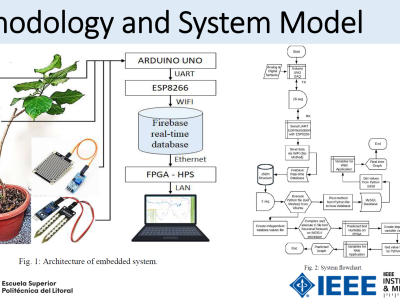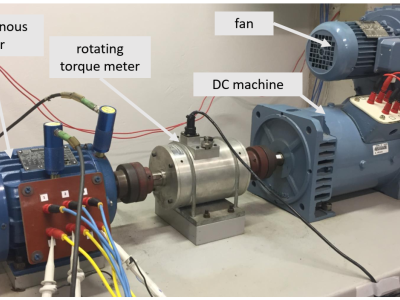A dataset of Korean weather with anomaly score from 2010 to 2020

- Citation Author(s):
-
Jason J. Jung (Chung-Ang University)Yuxuan Gu (Chung-Ang University)
- Submitted by:
- Jason Jung
- Last updated:
- DOI:
- 10.21227/az4v-7z12
 302 views
302 views
- Categories:
- Keywords:
Abstract
As the harmful effects of climate change on human society increase, the analysis of abnormal weather is becoming an important issue. Therefore, this work provides the Korean weather dataset, including the anomaly score measurements by using seven different methods. In this dataset, seven types of weather data for each day in 64 Korean cities from 2010 to 2020 are provided by Weather Radar Center in Korea Meteorological Administration. For measuring the weather anomaly scores, this work first constructs a graph by extracting the relationship features between the given weather data and maps the graph into low-dimensional vector space to obtain the embedding vector of weather data for each day. In the embedding space, seven anomaly detection methods are applied to measure the anomaly scores for each day by calculating the degree of an anomaly for each embedding vector.
Instructions:
This dataset describes the weather data of 64 cities in Korea for each day and the weather anomaly scores for each day from 2010 to 2020. The dataset includes city name, dates, temperature, humidity, vapor pressure, dew point temperature, sea level pressure, ground pressure, ground temperature, LOF anomaly score, IF anomaly score, COPOD anomaly score, ABOD anomaly score, HBOS anomaly score, SOD anomaly score and ROD anomaly score. In the dataset, the weather data and the weather anomaly score of each day for 64 Korean cities from 2010 to 2020 are stored into 64 csv files. Each csv file in the dataset represents each city. The 64 cities include Seoul, the capital of Korea, and the 6 metropolitan cities of Busan, Daegu, Incheon, Gwangju, Daejeon, and Ulsan. In addition, the weather data and weather anomaly scores for 19 coastal cities and 4 islands in Korea are included in the dataset.







